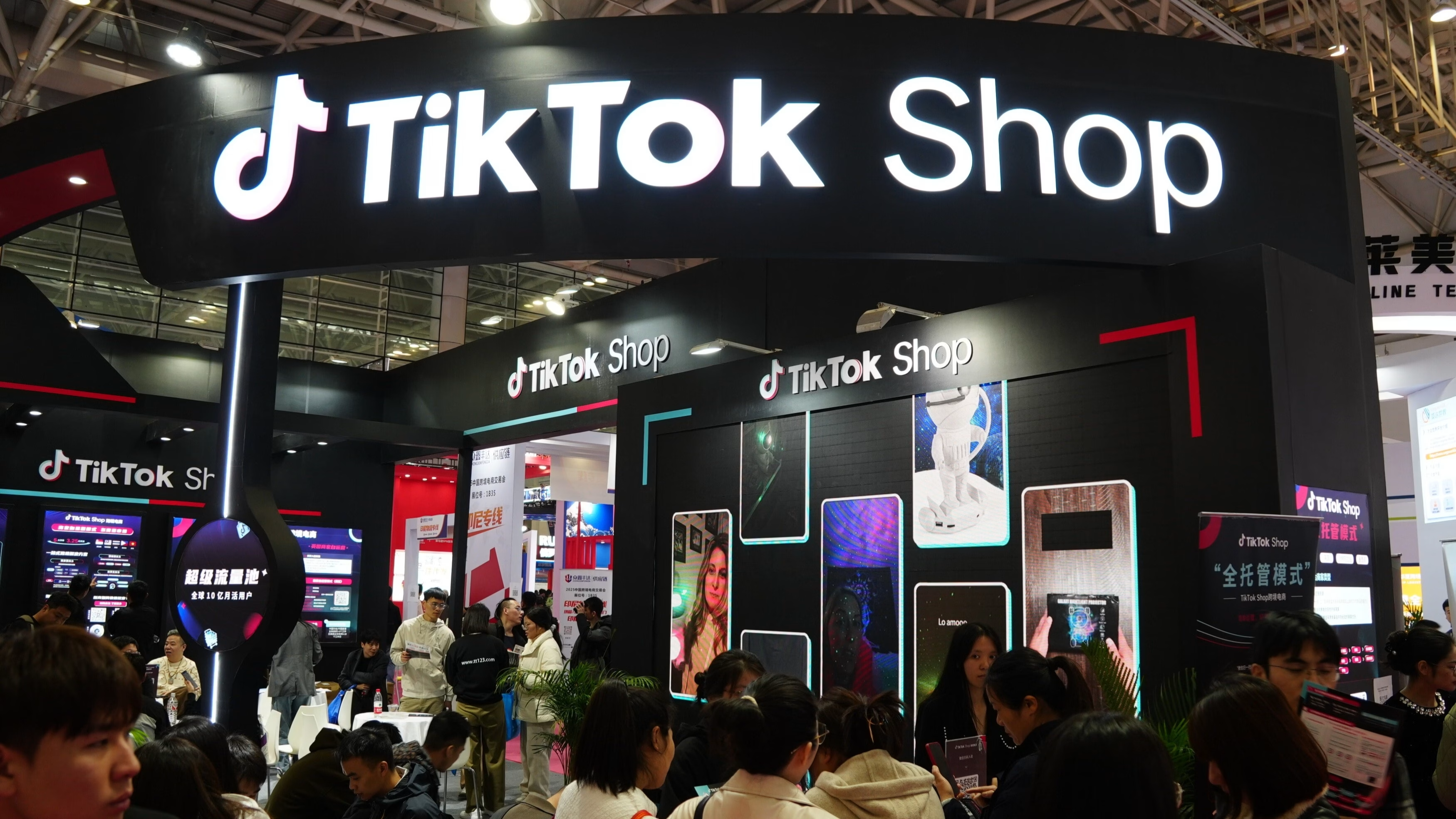TikTok Shop's Strategic Pivot: Japan Enters the E-commerce Fray
The digital landscape is always shifting, isn't it? And in the world of big tech, few companies embody this dynamic more than TikTok. Just recently, on July 1, 2025, the popular short-video app officially launched its integrated e-commerce platform, TikTok Shop, in Japan. This isn't just another market entry; it's a calculated, significant move, especially when you consider the precarious position TikTok finds itself in across the Pacific. Its fate in the United States, a massive market, still hangs in the balance, making this expansion a crucial piece of ByteDance's global puzzle.
The Strategic Imperative: Why Japan, Why Now?
Let's be frank: TikTok's decision to push aggressively into new markets like Japan isn't just about growth. It's fundamentally about diversification and risk mitigation. For months, the company has been embroiled in a high-stakes standoff with the US government. President Donald Trump has been quite vocal, demanding that TikTok's US operations be sold to American investors, citing national security concerns. The deadline for ByteDance to secure a local buyer has been pushed back twice, with the latest extension expiring in October. That's a lot of uncertainty for a business.
So, what do you do when a major market is threatening to pull the rug out from under you? You pivot. You expand. You reduce your reliance on that single, volatile market. Japan, with its tech-savvy population and robust e-commerce sector, presents a prime opportunity. It's a smart play, really. This launch makes Japan TikTok Shop’s 17th market globally, joining a growing list that includes the US, the UK, Malaysia, Thailand, Singapore, the Philippines, and Vietnam. It clearly signals a strategic shift, particularly towards solidifying its presence in Asia.
Navigating Japan's Crowded E-commerce Landscape
Japan's e-commerce market is no small fry; it's projected to hit a staggering $157 billion by 2025. And it's already home to some formidable players. TikTok Shop isn't walking into an empty room, not by a long shot. The country has seen a significant influx of Chinese e-commerce platforms in recent times. We're talking about the likes of Temu and Shein, which have already carved out niches with their aggressive pricing and vast product selections. And let's not forget Alibaba Group Holding, the owner of the South China Morning Post, which also launched its cross-border e-commerce service, Tao, for Japanese consumers last year.
This means TikTok Shop will face stiff competition right out of the gate. It's not enough to just open shop; they'll need to differentiate themselves, perhaps by leveraging their unique short-video format to create an immersive, entertaining shopping experience that traditional platforms can't quite replicate. It's a battle for eyeballs and wallets, and it's going to be interesting to watch.
The Promise and Peril of Social Commerce in Japan
The core appeal of TikTok Shop lies in its seamless integration of entertainment and commerce. Users can discover products directly within their video feeds, often demonstrated by creators they already trust or find entertaining. This "shoppertainment" model has proven incredibly effective in other markets. For Japanese consumers, this could mean a more engaging and interactive shopping experience, moving beyond static product listings. For local merchants, it offers a powerful new channel to reach a massive, engaged audience, potentially bypassing traditional advertising costs.
However, it's not all sunshine and cherry blossoms. There are legitimate concerns, too. On social media, you can already see a mix of excitement and apprehension among Japanese users. Some are eager to dive in, but others express worries about the potential for an influx of low-quality products, a common critique leveled at some cross-border e-commerce platforms. Then there's the perennial issue of data privacy and the broader influence of Chinese tech companies in a sensitive market like Japan. These aren't minor issues; they're significant hurdles TikTok will need to address to build trust and ensure long-term success. Cultural integration will be key, requiring careful localization of content, marketing, and even product curation to resonate with Japanese consumer preferences.
Broader Implications for ByteDance and Global E-commerce
The success, or indeed the challenges, of TikTok Shop in Japan will be closely scrutinized. It's more than just a new market; it's a test case. If TikTok can successfully navigate the competitive landscape and cultural nuances of Japan, it could serve as a blueprint for further expansion into other high-value, yet cautious, markets. This outcome will undoubtedly influence ByteDance's overall global strategy, particularly its efforts to de-risk its operations from geopolitical tensions.
Moreover, this move underscores a broader trend in the e-commerce world: the undeniable rise of social commerce. It's clear that the lines between entertainment, social interaction, and shopping are blurring. TikTok isn't just a video app anymore; it's a retail powerhouse in the making. And as it continues to expand, it's pushing the entire industry forward, forcing established players to innovate and adapt. It's a dynamic time, for sure.
In conclusion, TikTok Shop's launch in Japan is a multi-faceted development. It's a strategic response to US regulatory pressures, a bold entry into a competitive market, and a significant step in the evolution of social commerce. How it fares will tell us a lot about TikTok's resilience and the future of online shopping.
